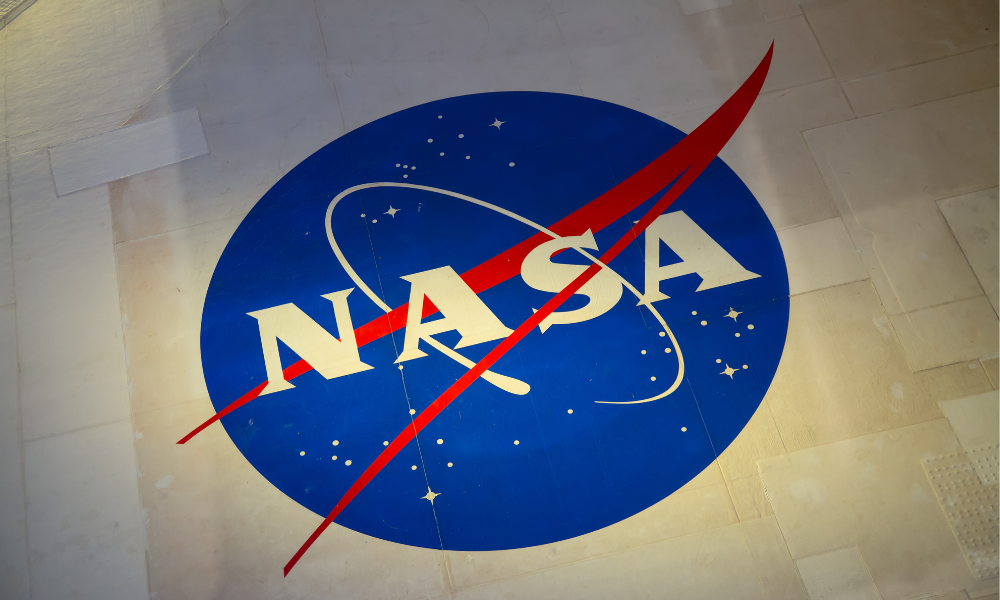

by Loren Grush
SpaceX CEO Elon Musk recommended hastening the end of the International Space Station on his social media site X, arguing that the laboratory should be taken out of orbit within two years instead of the current five-year target.
“The decision is up to the President, but my recommendation is as soon as possible,” Musk wrote Thursday on his social media site X. He argued that the ISS “has served its purpose” and that there “is very little incremental utility.”
Musk then reiterated his ultimate plan: “Let’s go to Mars.”
Built in partnership with the Canadian, European, Japanese and Russian space agencies, the International Space Station has been a staple of NASA’s human spaceflight initiatives for the last three decades, serving as the primary location where astronauts live and conduct research in orbit.
Since November of 2000, the ISS has always had at least one crew member on board at all times.
The Biden administration in 2021 extended the planned lifetime of the ISS through the end of 2030, and last June awarded Musk’s SpaceX a $843 million contract to develop a spacecraft that could attach to the ISS and guide it out of orbit. Such a disposal would cause the ISS to break up as it plunges through the atmosphere.
SpaceX is a major partner on the ISS program, with NASA contracts to deliver astronauts and cargo to the station.
Musk made the comments amid a flurry of X posts about space policy on Thursday.
In response to Musk’s posts, NASA said that its current plans “call for using the International Space Station, and future commercial space stations, in low Earth orbit to conduct groundbreaking science, as well as a training ground for crewed missions to the Moon and Mars.”
“We’re looking forward to hearing more about the Trump Administration’s plans for our agency and expanding exploration for the benefit of all,” a NASA spokesperson said in the statement.
As the leader of the government cost cutting effort known as the Department of Government Efficiency, Musk has established himself as one of President Donald Trump’s top advisers.
Responding to a question about conflicts of interest involving Musk and his companies, Trump said on Tuesday that he would not let the world’s richest person partake in government work related to space.
If Trump takes Musk’s recommendation, ending the ISS program ahead of schedule may prove controversial with lawmakers in Congress, who are responsible for funding NASA’s programs.
Senator Ted Cruz, the Texas Republican who is chairman of the Senate Commerce, Science and Transportation Committee, recently called for a renewed focus on the ISS and developing commercial space stations in low Earth orbit.
“One of my top near-term priorities is ensuring that we do not cede American leadership in low Earth orbit,” Cruz said on Feb. 12 at an industry conference in Washington DC. “We’ve invested more than $100 billion into the International Space Station, and it would be exceptionally foolhardy to prematurely send all that infrastructure and all those tax dollars to the bottom of the ocean.”
In preparation for the ISS’s retirement, NASA is funding the development of commercial space stations that astronauts can visit in the future. NASA plans to award final contracts for these ISS replacements in 2026.
Copyright Bloomberg News

It's a showdown for the ages as wealth managers assess its impact on client portfolios.

CEO Ritik Malhotra is leveraging Savvy Wealth's Fidelity partnership in offers to Commonwealth advisors, alongside “Acquisition Relief Boxes” filled with cookies, brownies, and aspirin.

Fraud losses among Americans 60 and older surged 43 percent in 2024, led by investment schemes involving crypto and social manipulation.

The alternatives giant's new unit, led by a 17-year veteran, will tap into four areas worth an estimated $60 trillion.

"It's like a soap opera," says one senior industry executive.
RIAs face rising regulatory pressure in 2025. Forward-looking firms are responding with embedded technology, not more paperwork.
As inheritances are set to reshape client portfolios and next-gen heirs demand digital-first experiences, firms are retooling their wealth tech stacks and succession models in real time.
